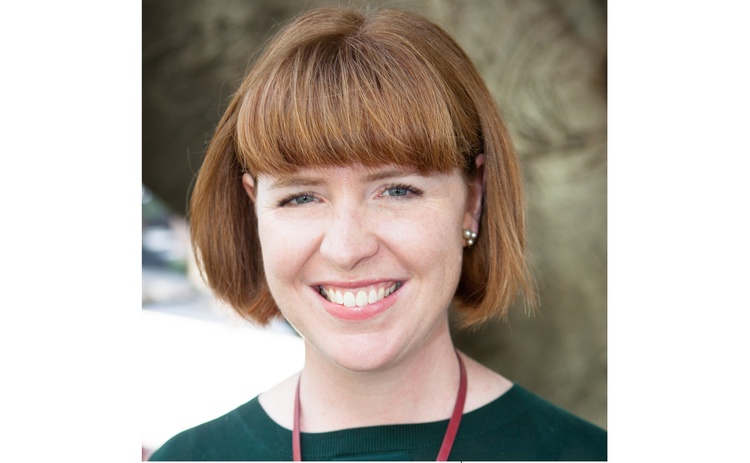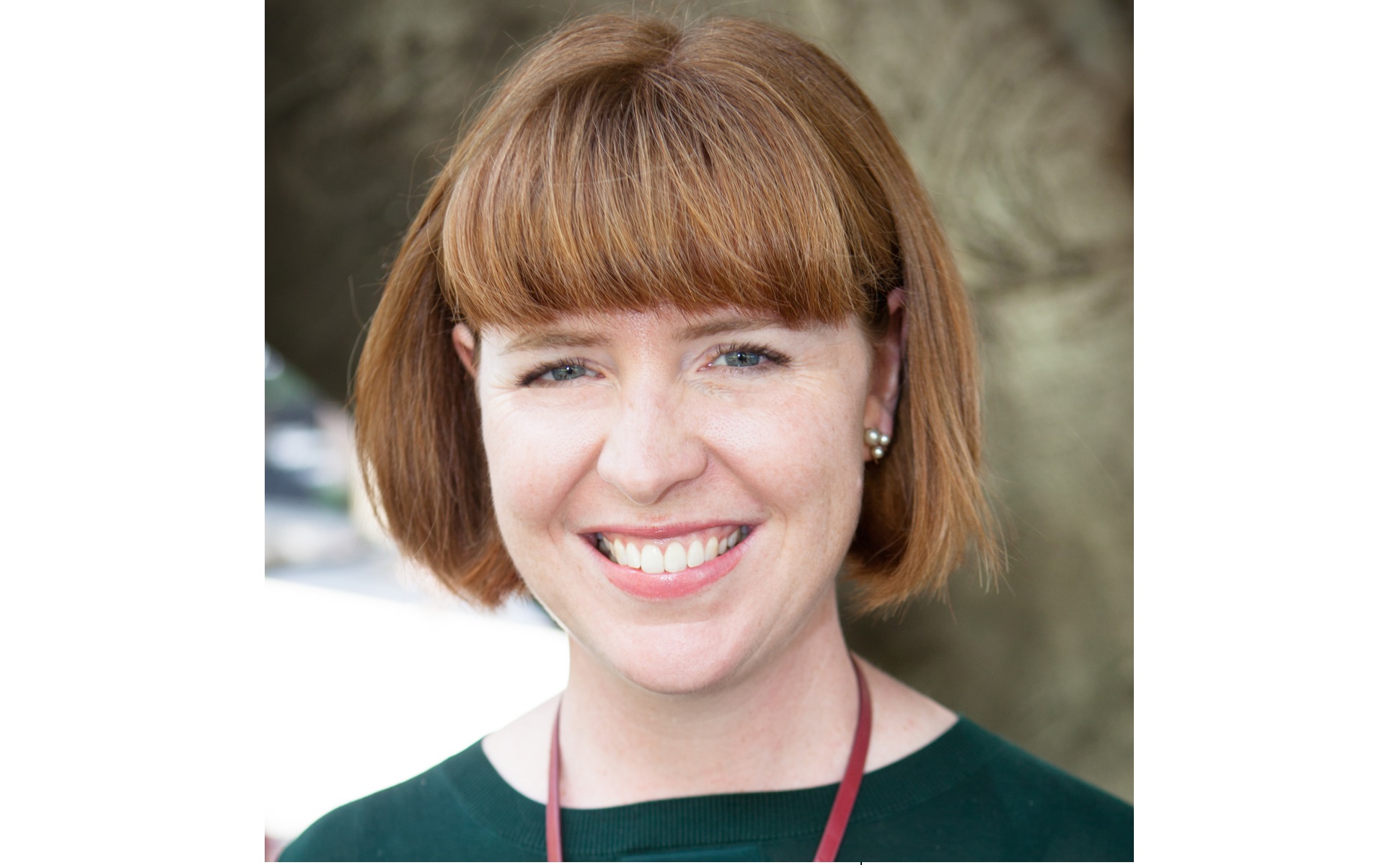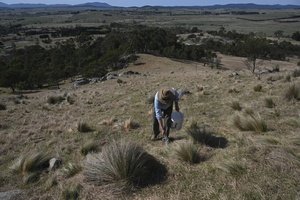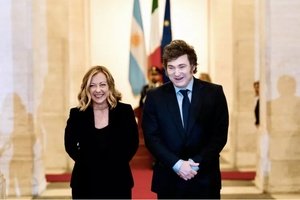When Dr Olive was faced with the choice of studying a language at the age of 13, she imagined a very different future for herself.
“I started learning Italian in Year 8 because I wanted to do interior design and my mother had said: ‘Maybe one day you’ll want to go in Milan to study’,” she recounted.
After high school, Dr Olive continued her Italian studies at university, with the idea of becoming a language teacher instead.
She also travelled to Italy for the first time as part of an exchange program.
Dr Olive then completed a PhD on the literary culture of 15th-century Florence and briefly taught Italian at the University of Sydney, before moving to the History department, where she felt there were more opportunities.
Thanks to a professor within the faculty, she had the opportunity to take her first group of students to Italy to complete a course for their degrees.
“From there I started doing these tours, which were also open to those who didn’t study at the university,” she said.
In 2008, Dr Olive started working for Academy Travel, a niche travel agency that offers in-depth cultural tours for small groups.
Before the coronavirus pandemic struck, the historian took five to six groups per year, mainly in Italy, but also in France, Spain, the United States and Japan.
“Most of my work takes place in Italy; I go there two or three times a year, staying two months at a time,” she said.
When she’s in Australia, Dr Olive works at the agency, developing products such as brochures and booklets and planning travel itineraries down to the smallest detail.
She’s designed a number of popular tours, from the Florence residential, to surveys of the courts of Renaissance Italy and of central Italy’s villas and gardens, as well as “twin city” tours to Palermo and Naples and to Florence and Rome.
Once in Italy, she works as a tour guide and also delivers preparatory lessons prior to the tours.
Surprisingly, Dr Olive has been inundated with work during the pandemic: despite travel bans in many parts of the world, she continues to accompany clients of all ages on ... virtual tours!
She also presents online courses for Academy Travel and teaches Italian art history for various organisations, including the Italian Cultural Institute (ICC) in Sydney.
“I thought that after 10 months online, people might be bored; but instead the requests keep on coming,” she said.
Though she’s kept busy during the pandemic, Dr Olive misses Italy a great deal.
“I’ve been speaking Italian for years,” she said.
“I’d say there are two Kathleens: the Australian one and the Italian-speaking one.
“There’s a part of me that only makes sense there; the way I express myself, the gestures, everything.
“This is the part that I miss the most right now along with the usual things: having a coffee at the bar or a spritz in the piazza, enjoying life, the passion for food, museums and the way in which art and culture become a normal part of life.”
Dr Olive concluded with some advice for students of Italian.
“Continue! The most immediate benefit of studying the language is the possibility to travel and appreciate the country’s cuisine and beauty,” she exclaimed.
“Perhaps a less immediate benefit is the possibility of understanding more than one culture.
“Even if you don’t speak Italian in everyday life, or you can’t find a career where you’re required to speak it regularly, you still have the ability to understand how other cultures think and see the world.
“That’s an invaluable asset.”












